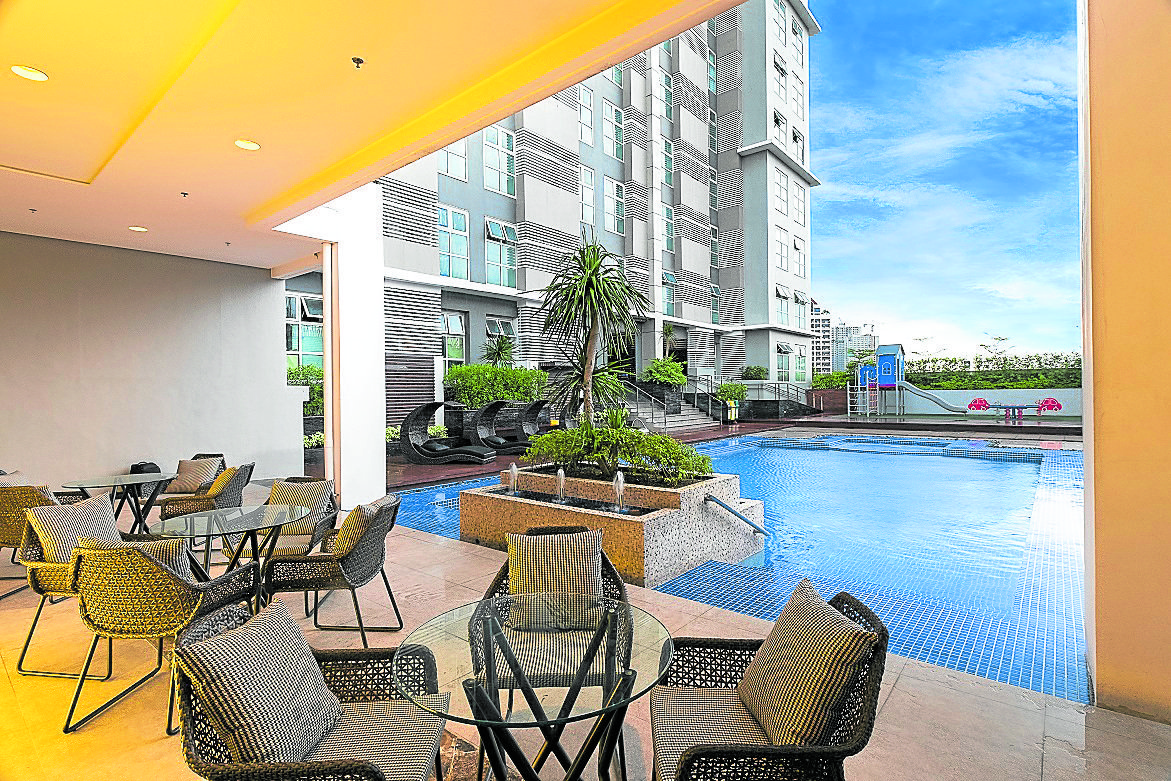In recent years, the real estate market in the Philippines has undergone a profound transformation, setting the stage for a new era in property investment. At the heart of this evolution is a dynamic and growing community of young property seekers, primarily composed of millennials and Generation Z.
Their presence represents a significant departure from the conventional belief that real estate is the exclusive domain of older, more established individuals. Instead, the Philippines is now witnessing an extraordinary surge of interest in property among the younger generation.
This paradigm shift has not only made real estate investment more accessible but has also rendered it exceptionally appealing to the younger generation, who are fervently exploring the opportunities this evolving market offers.
Understanding Investment Property
Before delving into the intricacies of this evolving trend, it's essential to grasp the concept of investment property. Investment property refers to real estate assets acquired primarily with the intention of generating a return on investment (ROI). This ROI can be realized through rental income, capital appreciation, or a combination of both. Unlike primary residences, which serve as homes, investment properties are viewed primarily as financial assets.
Importantly, investment properties are fundamentally different from primary residences, the homes where we live. While primary residences fulfill personal needs for shelter and comfort, investment properties are primarily viewed as financial assets. They're tools for building wealth, earning income, and achieving financial goals.
So, as you step into the world of real estate investment in the Philippines, remember that investment properties are your vehicles for financial growth and prosperity. Whether you're considering residential properties or other types of investment assets, understanding the role of investment property is key to making informed decisions that can potentially lead to a brighter financial future.
Factors Driving the Shift
Numerous factors contribute to the growing allure of the real estate market among young Filipinos:
1. Economic Stability and Growth
The Philippines has experienced a prolonged period of economic stability and growth. This economic upswing translates into higher disposable incomes for younger demographics, empowering millennials and Gen Z to consider property investment as a tangible and promising avenue for wealth creation.
2. Digital Transformation
In the age of digitalization, information is readily accessible. Online platforms like Lamudi have revolutionized property searches, making them more convenient and transparent. These digital tools empower the younger generation to navigate the market more effectively, facilitating informed decision-making.
3. Education and Awareness
Online resources such as Investopedia and MoneyMax provide invaluable insights into real estate investment strategies. This wealth of information equips young individuals with the knowledge required to make informed decisions regarding property investment, fostering financial literacy among the youth.
4. Affordable Entry Points
Innovative developers, exemplified by companies like Bria, have introduced creative schemes that enable young Filipinos to enter the real estate market without requiring substantial capital outlays. These affordable entry points remove a significant barrier to property ownership, enhancing accessibility.
5. Preference for Tangible Assets
Millennials and Gen Z often prioritize tangible assets like real estate over more traditional investment options such as stocks and bonds. Property ownership offers not only a sense of security but also a physical foothold in an uncertain world, aligning with their aspirations for a stable future.
6. Interest in Repossessed Properties
A study conducted by Lamudi highlights the keen interest of young property seekers in repossessed properties. These properties often come with substantial discounts compared to brand-new units, providing a prime opportunity for savvy young investors to enter the market at a lower cost.
7. Government Initiatives
Government programs aimed at providing affordable housing options further incentivize young Filipinos to explore real estate as a means of securing their future. These initiatives instill confidence in property investment.
Assessing Real Estate Investment in the Philippines
Given this backdrop, it's natural to wonder about the viability of real estate investment in the Philippines.
Real estate investment in the Philippines is widely regarded as a promising endeavor. The country's robust economic growth, coupled with a growing population and urbanization, creates a favorable environment for property investment. The increasing interest of young property seekers underscores the potential profitability of real estate in the Philippines.
Rental property, in particular, can be a sound investment in the Philippines, especially in urban areas with high housing demand. Rental income can provide a steady cash flow, and property values tend to appreciate over time, potentially leading to substantial returns on investment. However, like any investment, it requires thorough research, careful management, and consideration of market conditions.
Building Your Real Estate Investment Portfolio
For those eager to step into the realm of real estate investing, there are several fundamental steps to consider:
1. Define Your Objectives
Begin by setting clear goals for your real estate investment journey. Are you seeking rental income, long-term capital appreciation, or both? Understanding your objectives will guide your investment decisions.
2. Research the Market
Take the time to research different real estate markets within the Philippines. Factors such as location, property type, and market trends can significantly impact your investment's success.
3. Seek Professional Guidance
Consider working with a real estate agent who specializes in investment properties. Their expertise can be invaluable in identifying opportunities and navigating the market.
4. Assess Fair Value
Evaluate the purchase price of a property by comparing it to its fair value in the market. This assessment ensures that you make informed and financially sound decisions.
5. Diversify Your Portfolio
Diversification is key to managing risk. Consider investing in a mix of residential properties and investment properties to create a well-rounded real estate investment portfolio.
6. Continuous Learning
Stay informed about the ever-evolving real estate market. Attend seminars, read books, and follow industry news to stay ahead of market trends.
7. Professional Property Management
If you choose to invest in rental properties, consider professional property management services to streamline operations and ensure a hassle-free experience.
The Promise of Real Estate Investments
In conclusion, the surge of young property seekers in the Philippines signifies a shifting mindset and a growing appetite for real estate investment among millennials and Generation Z. This transformation promises to reshape the industry, making it more dynamic, inclusive, and responsive to the needs of the younger generation. As young Filipinos increasingly explore the world of real estate, they are taking significant steps toward securing their financial future while actively contributing to the evolution of the nation's property landscape. Whether you're eyeing real estate properties for rental income or long-term gains, the potential for success in the Philippine real estate market is abundant, waiting for you to seize the opportunity.
For those seeking prime opportunities in this changing real estate market, Vista Residences offers a compelling choice. Their condominium developments not only align with the aspirations of the younger generation but also exemplify innovation, accessibility, and quality, making them a noteworthy option for those looking to embark on their real estate investment journey in the Philippines.
For more information on Vista Residences, email [email protected], follow @VistaResidencesOfficial on Facebook, Twitter, Instagram, and YouTube, or call the Marketing Office at 0999 886 4262 / 0917 582 5167.

.png)





